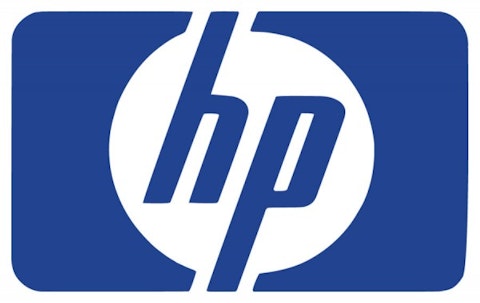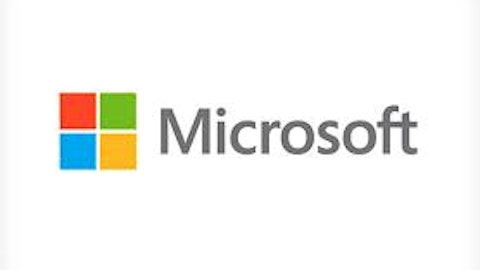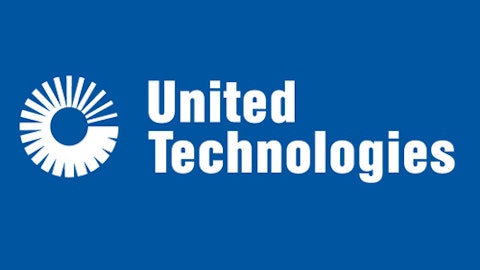So far this year Hewlett-Packard Company (NYSE:HPQ) – hereafter, “HP” – has been the hottest stock among the Dow 30, its August 13 close of $27.30 representing a 92% increase from its end-of-year close of $14.25. However, on August 22, the company closed at $22.22, posting a one-day drop of just over 12%. The drop was likely the culmination of increasing shareholder unease over:

1). Falling behind Lenovo (NASDAQOTH: LNVGY) as the No. 1 PC manufacturer
2). A shake-up in the upper ranks instigated by CEO Meg Whitman
3). A disappointing third-quarter earnings report
4). Ms. Whitman’s projection that revenue growth in FY 2014 was “unlikely.”
The unease has led to what seem to be perennial calls for Hewlett-Packard Company (NYSE:HPQ) to divest itself of some of its operations and/or have the CEO replaced, issues I have discussed elsewhere. An HP weaknesses that isn’t discussed as much as it should be is its lack of smartphone offerings.
Answer the (need for a) phone
Should a smartphone offering be a major concern for Hewlett-Packard Company (NYSE:HPQ)? Absolutely, as even Whitman herself has acknowledged. Smartphones are well-established as a legitimate PC device, a major computer manufacturer ignores this fact at its own risk.
Moreover, principal competitor Lenovo has established itself in the smartphone market; it is building on its primary base in China, and is increasing its exposure in India, Indonesia, and the Philippines. These moves are viewed as precursors to expanding its market in the U.S. It would seem that the longer Hewlett-Packard Company (NYSE:HPQ) waits, the harder it will be to establish competitive footing.
When Hewlett-Packard Company (NYSE:HPQ) purchased Palm in 2010, expectations were that this would lead to the introduction of an HP smartphone, which it did – in the form of the Veer, which was released in 2011 and killed by HP when it announced that it would no longer support the webOS Veer utilized, the announcement coming a few months after the phone was introduced. (The same fate awaited 2011’s TouchPad – a webOS-based tablet. HP has since addressed its lack of tablet PCs with the introduction of the Slate 7 and the ElitePad earlier this year.)
Well into the second year of Ms. Whitman’s “five-year-turnaround” effort, HP’s CEO continues to reaffirm her commitment to keeping the company intact, believing that its size is a major advantage. That being said, and given her recognition that HP needs to offer a smartphone, it would seem reasonable to wonder how she plans to address that need.
BlackBerry to the rescue?
On Aug. 12, beleaguered BlackBerry Ltd (NASDAQ:BBRY) announced that its board of directors was exploring “strategic alternatives,” including the possibility of selling the company. In an August 15 interview, Lenovo Chairman and CEO Yang Yuanqing expressed interest in expanding production capacity, but declined to comment on the possibility of acquiring BlackBerry Ltd (NASDAQ:BBRY). On August 27, BlackBerry announced that it is considering spinning off its popular message service, BlackBerry Messenger, into a subsidiary company to be called BBM.
Financially, BlackBerry Ltd (NASDAQ:BBRY) would seem to be a fairly trouble-free acquisition. It has no debt and only $3.7 billion in total liabilities against total assets of $13.2 billion. Its book value (as of May) is approximately $5.9 billion, making it look to be a slight bargain, given a market cap of less than $5.4 billion; its enterprise value is roughly $2.5 billion.
Why buy BlackBerry Ltd (NASDAQ:BBRY) when HP has the capacity to develop a smartphone on its own? I can think of several reasons:
Lukewarm reviews received by its tablets may indicate HP will need time for development and ramp-up of production for a smartphone, or it risks entering the market with an inferior product
1). BlackBerry Ltd (NASDAQ:BBRY) presents production facilities already geared to smartphones, and its new flagship model (Z10) has – so far – been well-received
2). BlackBerry is established in South America, Africa, and Indonesia, presenting HP with a ready-made global presence for a smartphone
3). Non-phone-production-related BlackBerry operations (such as BBM) could either be assimilated or sold-off, thereby minimizing the net cost of the acquisition (IBM, for instance, is reported to have been interested in BlackBerry’s enterprise-services operations)
4). HP and BlackBerry have a history of cooperation and collaboration.





